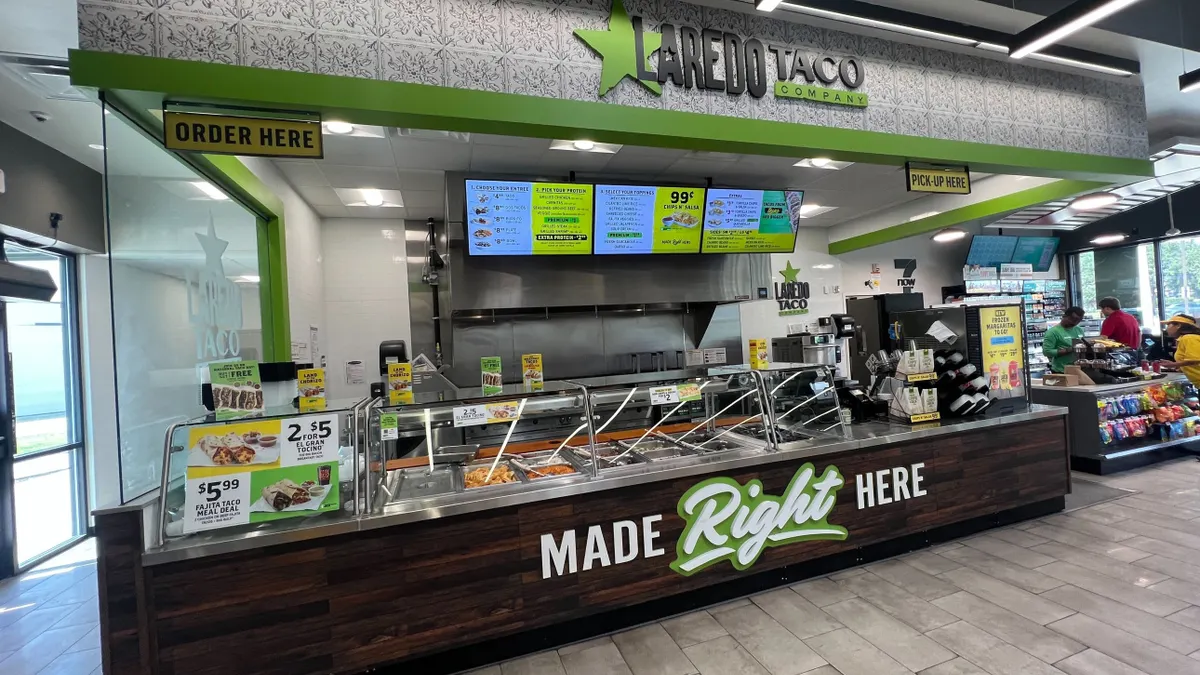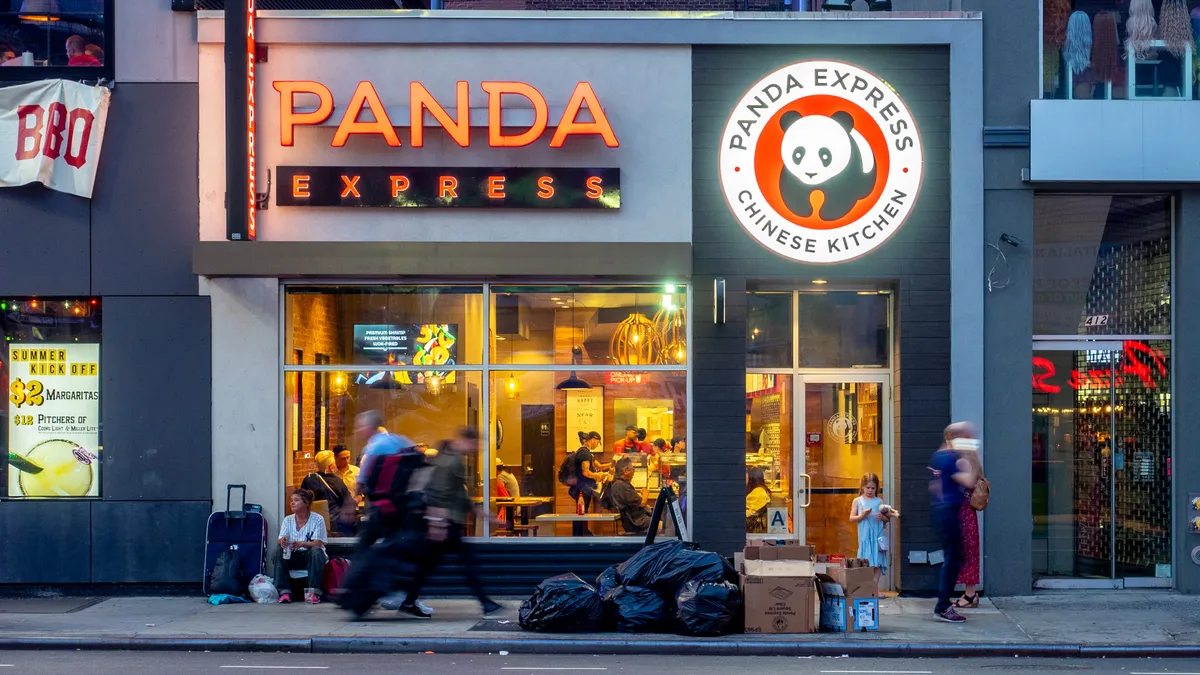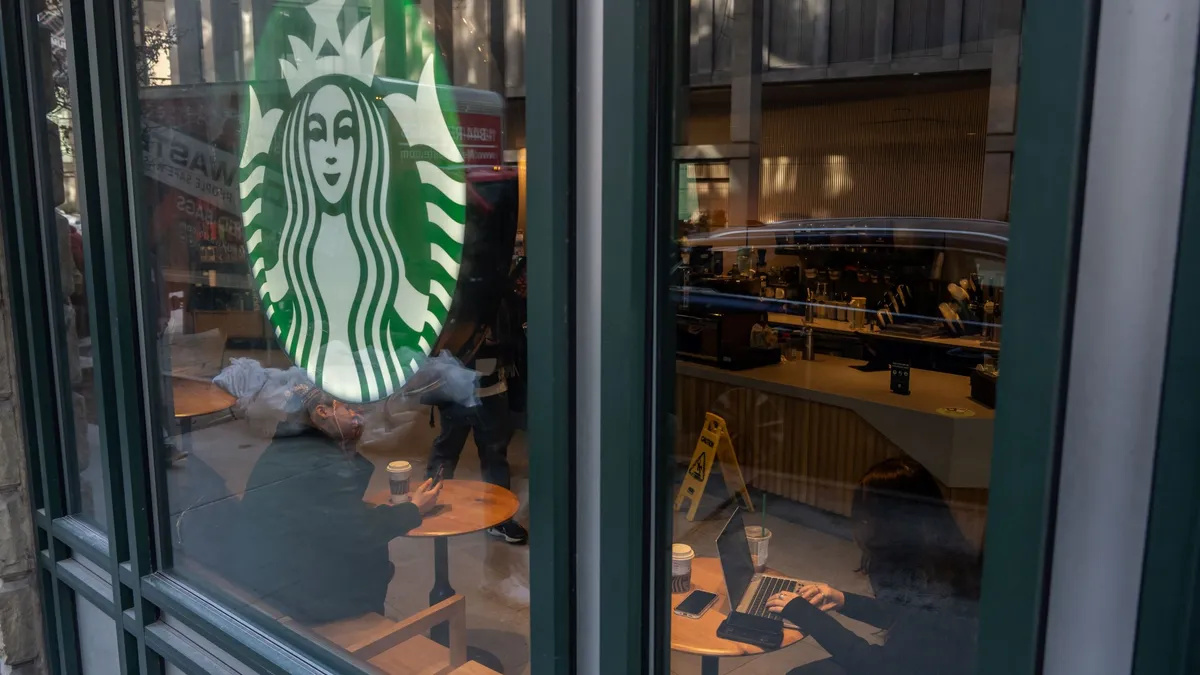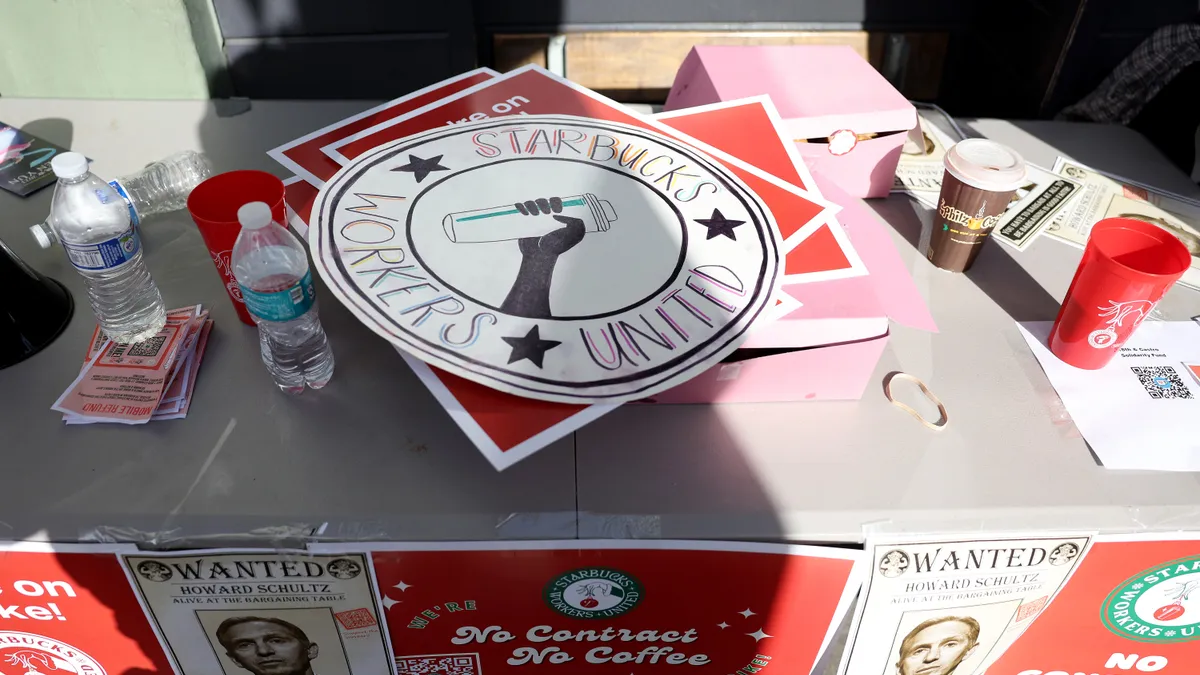Restaurants may employ 12.4 million workers and account for $1 trillion in sales, but in the official platforms of America’s major political parties they barely register.
The Republican Party Platform mentions restaurants precisely once: “We will eliminate Taxes on Tips for millions of Restaurant and Hospitality Workers, and pursue additional Tax Cuts. [sic]”
The Democratic Party Platform mentions restaurants twice — to tout its Restaurant Revitalization Fund and revisions to the Paycheck Protection Program as part of how it has been supporting small businesses. Both programs helped provide funding to restaurants to help them recover from the COVID-19 pandemic.
Given the summary attention paid to restaurants, it’s no surprise that the National Restaurant Association will not endorse either party’s candidate in the presidential election.
“The platforms from both parties generally are more talking points,” Sean Kennedy, executive vice president for public affairs of the National Restaurant Association, told Restaurant Dive. “Once the President is in office, no one really uses the platform as a guidepost.”
While the employers’ organization is staying on the sidelines, major labor organizations have gone all-in for Harris. Both Unite Here and the Service Employees International Union have endorsed Democratic nominee Vice President Kamala Harris over the Republican nominee, former President Donald Trump.
The campaigns and parties also have clearly defined positions on issues like immigration and swipe fees that are closely tied to the restaurant industry’s fortunes. Here’s a closer look at those positions and how stakeholders say they could impact restaurants.
Labor
One of the Harris campaign’s concrete policy proposals is to eliminate federal income tax on tips.
The No Tax on Tips policy was first proposed in an off-the-cuff remark by Trump at a rally in Nevada this summer, and quickly adopted by Harris, who also endorsed a higher minimum wage.
In an interview, Ted Pappageorge, the secretary treasurer of Unite Here Local 226, which represents 60,000 hotel, restaurant and gaming workers in the Las Vegas area, called those policy proposals “working class issues.”
The National Restaurant Association has endorsed the Republican version of No Tax On Tips, which does not include the elimination of the tipped subminimum wage, in contrast to a proposal by a House Democrat that ties the two policies together.
For Pappageorge, Harris represents an administration that played a role in the post-COVID recovery, backed a more aggressive National Labor Relations Board and has signaled support for organized labor. Trump’s rhetorical nods toward workers, meanwhile, are just “a bunch of slogans and promises,” Pappageorge said.
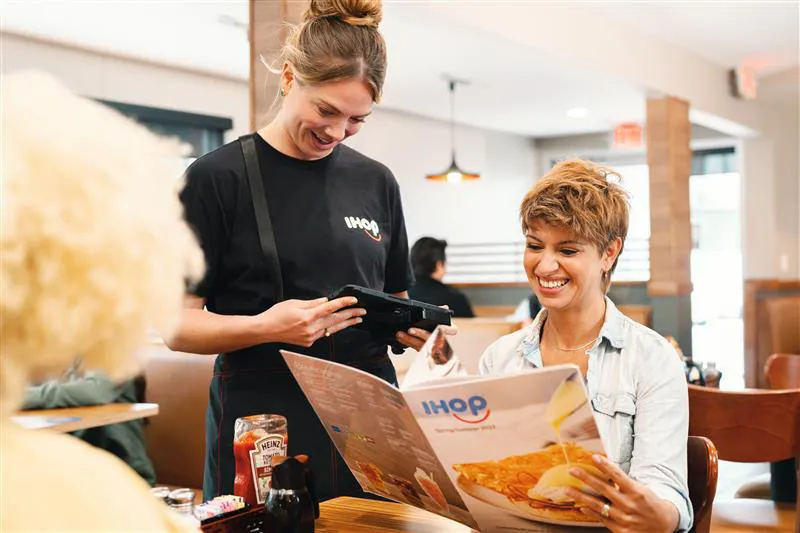
The NLRB under Biden has played a concrete role in strengthening the ability of workers to organize, Pappageorge noted. Recently, the board issued a bargaining order for Stations Casino, a major non-union casino in Las Vegas where Culinary has been organizing workers for over a decade.
Local 226 is mobilizing canvassers from among its members to try and get Harris elected in Nevada, and Pappageorge said the union’s ground game could involve thousands of volunteers knocking on doors by Election Day.
The NRA, by contrast, is focused on specific regulatory outcomes. Kennedy said the NRA was not pleased with the Harris campaign’s embrace of the elimination of the tipped sub-minimum wage, and said the association’s lobbying efforts against such policies have generally been successful at the state level. Still, the elimination of the sub-minimum wage is on the ballot in Massachusetts, where the state restaurant association is one of the major funders of a campaign to reject the measure, according to Politico.
“We're very disappointed to see the Harris campaign put that on their list,” Kennedy said.
Both of the labor cost priorities supported by the NRA act as subsidies for employers. The tip credit is a consumer subsidy, which allows owners to count tips towards the legally required minimum wage. No Tax On Tips allows restaurant workers to deduct some income from their taxes. In both instances, the public, rather than employers, bears the cost for a share of workers’ income.
Immigration
On other issues, Senate Democrats have been amenable to the priorities of the restaurant industry, Kennedy said. In particular, Democrats have been more favorable to efforts to ease immigration, he noted.
“Recruiting and retaining restaurant servers is always the biggest challenge for us, and probably the only way to really do that, meaningfully, is comprehensive immigration reform,” Kennedy said. “Democrats are moving on this. We want to see Republicans do more to bring this issue to the forefront, for both parties, to remove the toxic cloud that seems to hang over this issue.”
Employers and organized labor are fairly aligned on the issue. Pappageorge said that concerns about border security had to be balanced with basic fairness and economic realism.
“This is the biggest economy in the world. There's got to be a system that allows people to come to this country for work, to get work permits properly and to have a process — a fair process — to be able to become citizens, because this economy cannot survive without immigrant workers,” Pappageorge said.
Unite Here has pushed back against anti-immigrant policies in the Southwest. The union was a key backer of the years long ‘Adios Arpaio’ campaign, which sought to unseat Maricopa County Sheriff Joe Arpaio, who once described his facilities for detaining undocumented immigrants as a concentration camp. But Pappageorge said the union wasn’t necessarily opposed to tightening enforcement.
The collapse of support for a bipartisan border bill earlier this year has left Congress unwilling to discuss issues peripheral to immigration, like a potential guest worker program for the hospitality industry, Kennedy said.
Swipe fees
One other area of emphasis for the NRA is credit card swipe fees.
“Swipe fees are the number three cost for restaurant operators,” Kennedy said. “The only things higher are labor and food. [Swipe fees] have … more than doubled over the past 10 years, and it's because there's a duopoly.”

Last year, legislators from both parties and both chambers of Congress introduced a bill to increase competition in credit card processing, though neither the Senate version nor the House version saw much movement.
Kennedy said both parties have shown interest in working on the issue, but that the Democrats have been more enthusiastic. Neither party mentions credit card swipe fees in their platforms. Earlier this year, a federal judge blocked a settlement in a swipe-fee antitrust case because the settlement did not treat all merchants equitably.
The NRA would like to see more legislative action on swipe fees, and other issues, regardless of the outcome of the election, Kennedy said.
“Neither political party is 100% spot on for advancing the restaurant industry,” Kennedy said. “More than likely, whichever party is in control is going to need the minority party to get anything done.”








